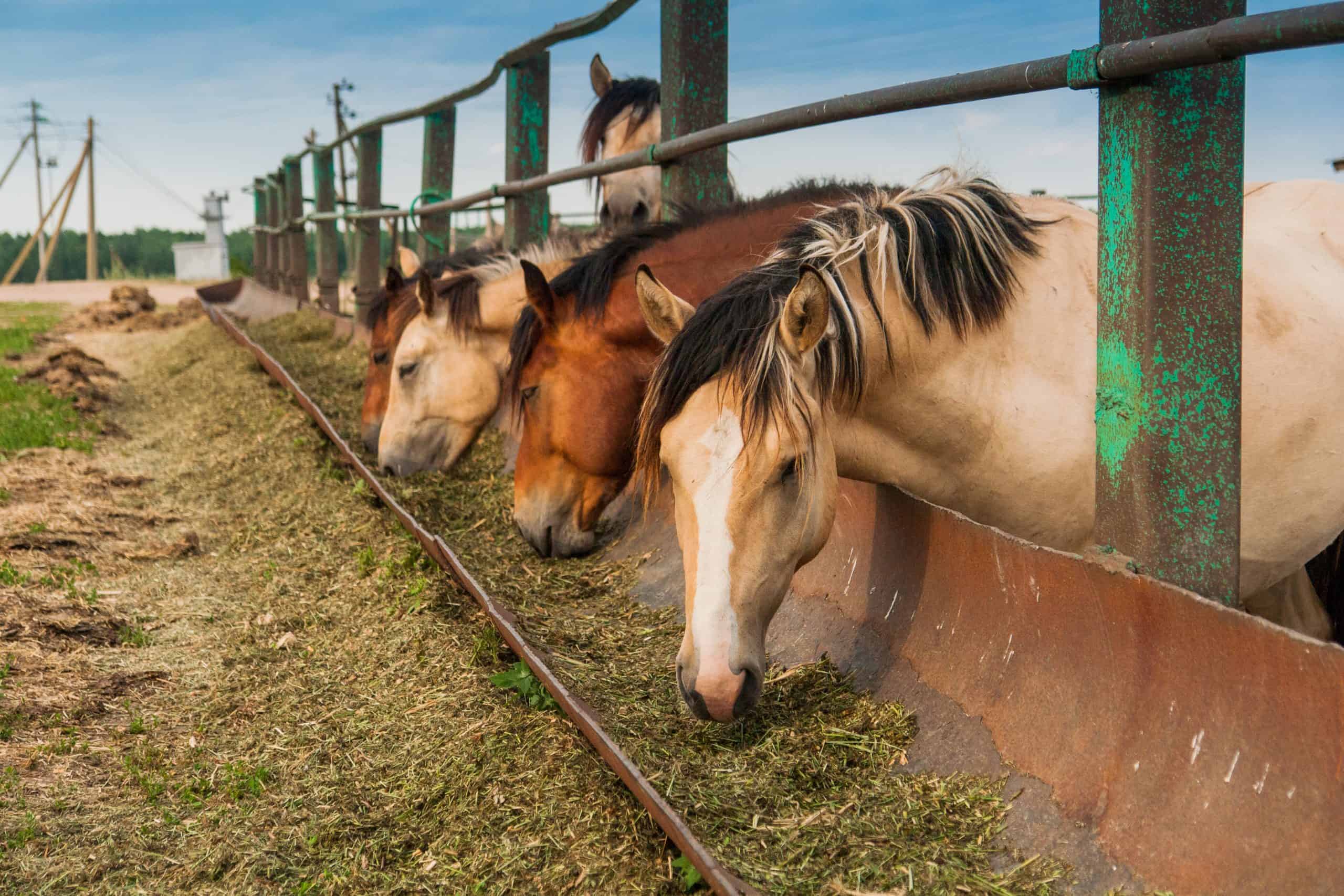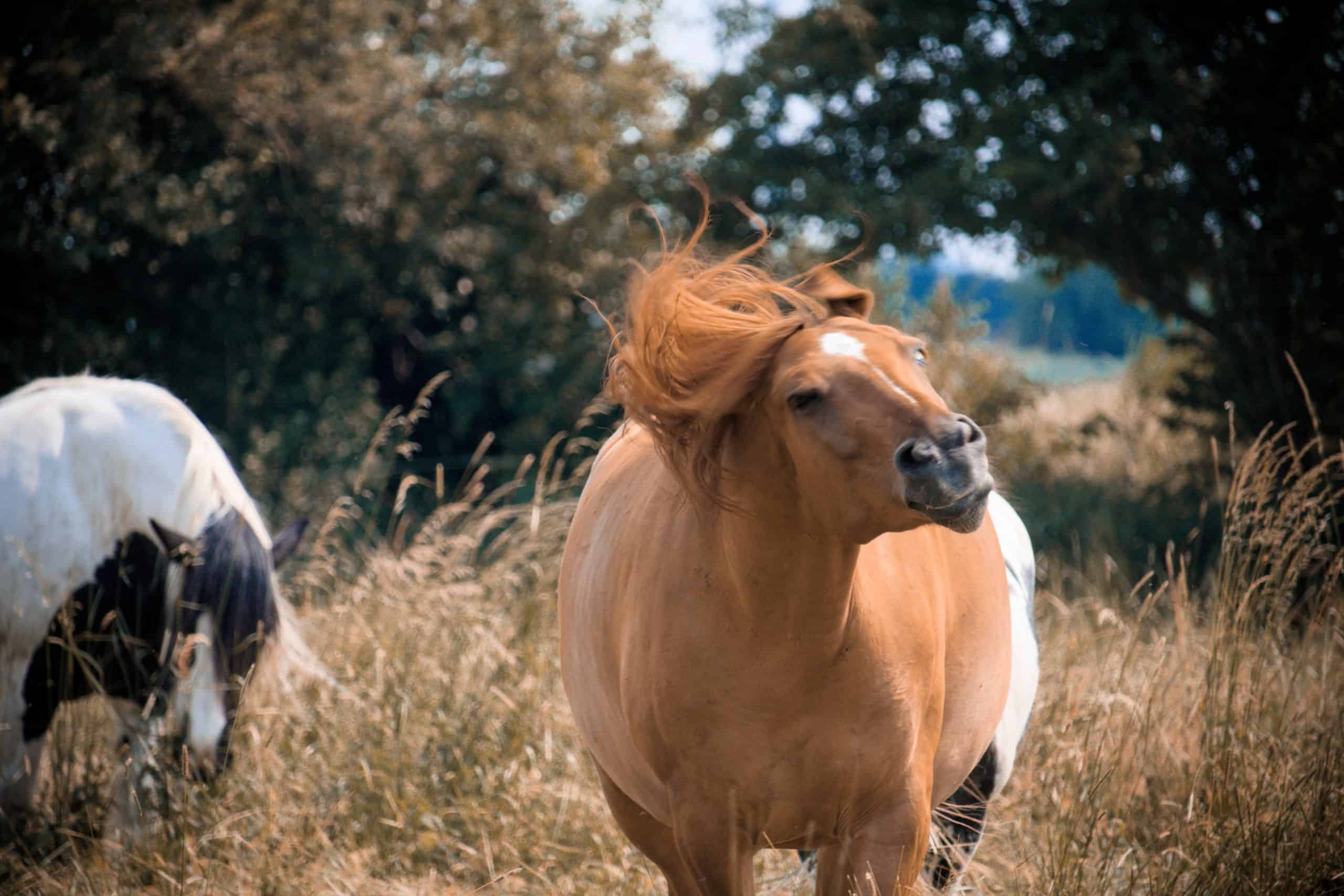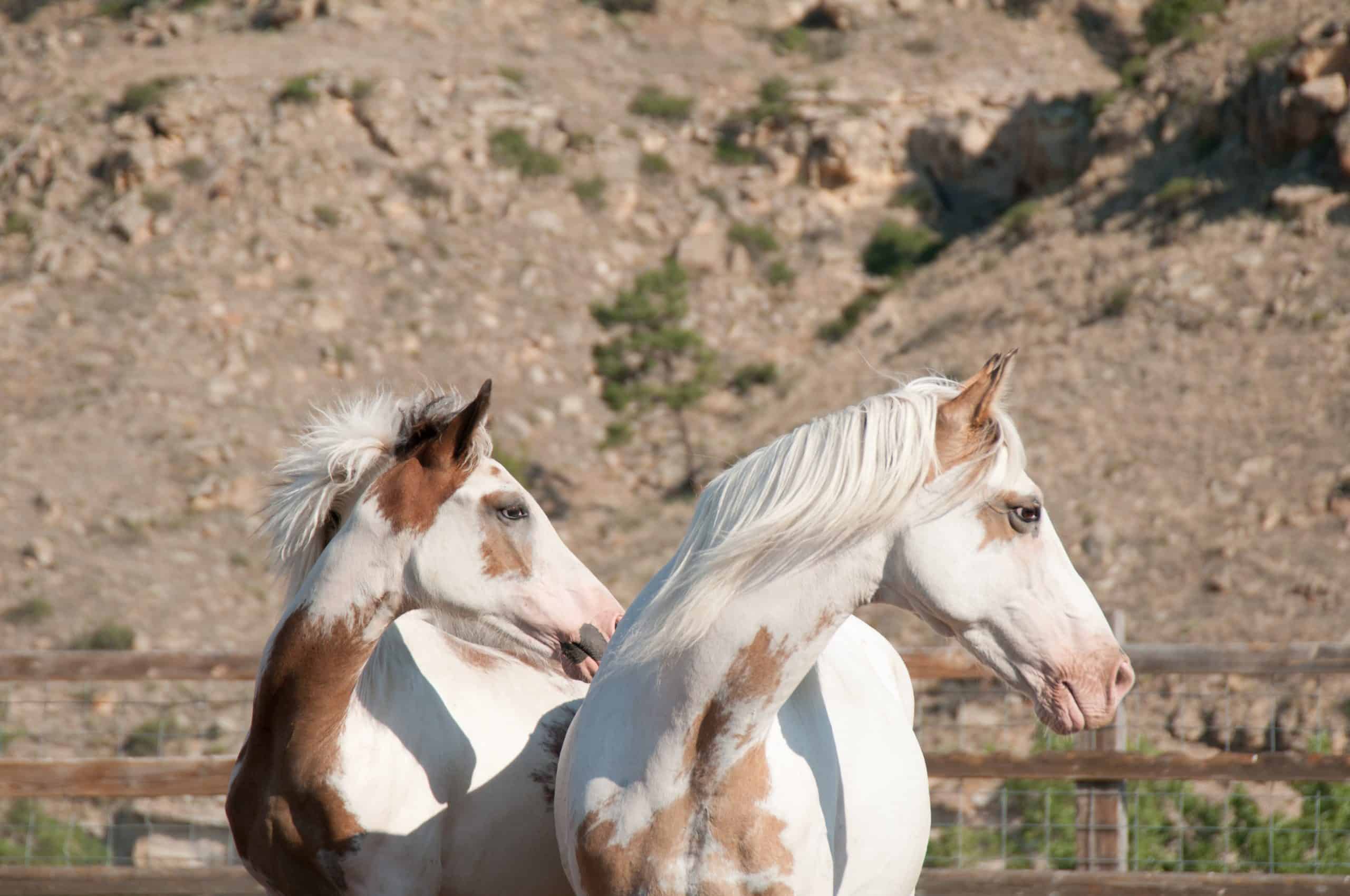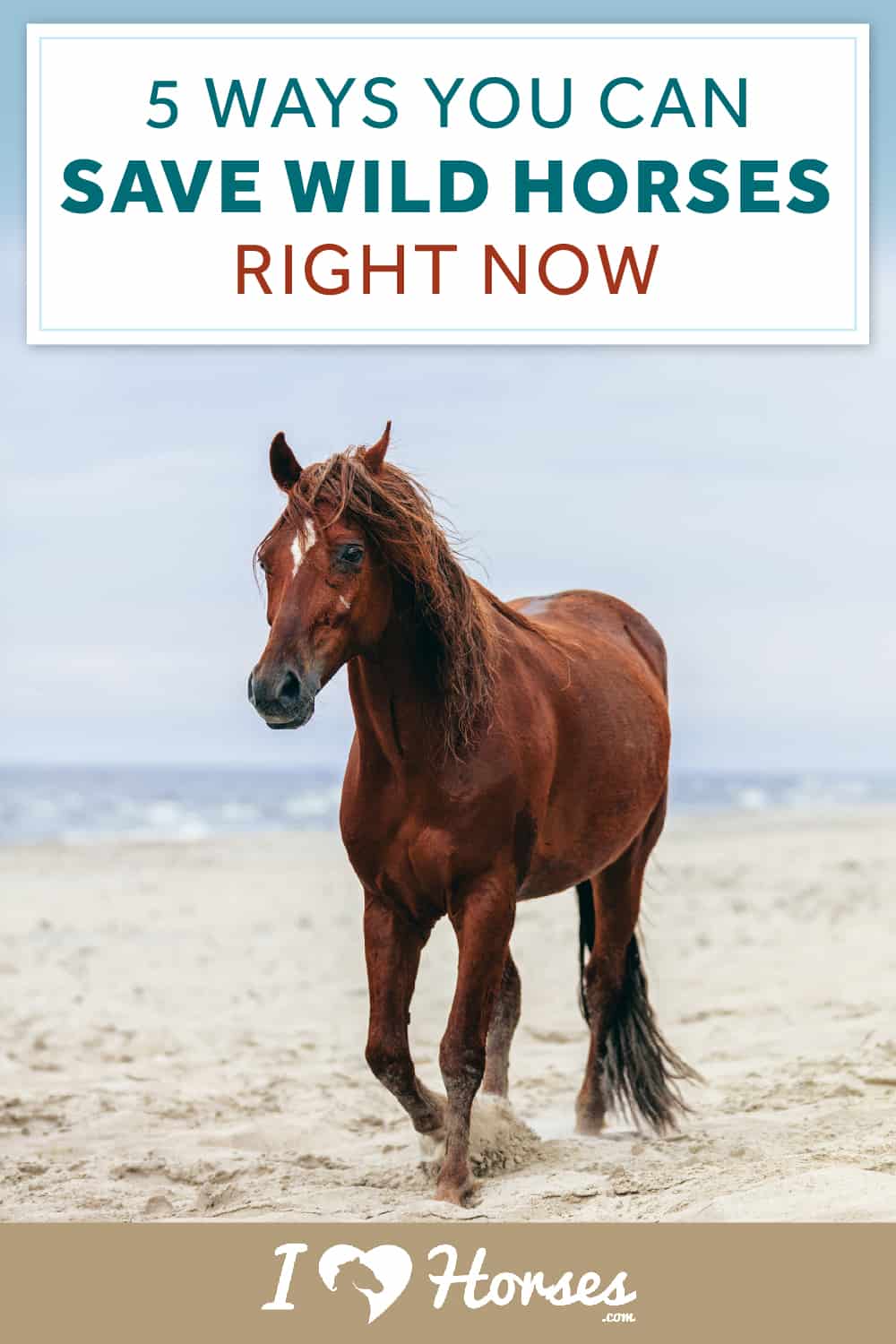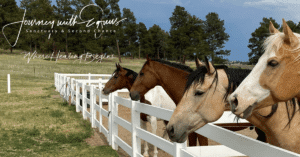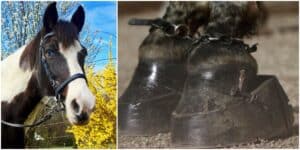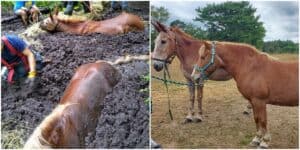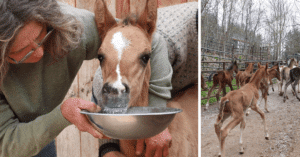For hundreds of years, wild horses have been a part of American culture. From the mustangs of Colorado to the ponies on Chincoteague Island, these beautiful animals are a symbol of freedom and strength. While there are laws meant to protect wild horses and preserve their homelands, thousands of horses, ponies, and burros are currently at risk. The fight for land and the need to humanely manage and save wild horses is a complex, and often political, situation. Many of these animals are at risk of losing their freedom, and even more importantly, their lives.
As advocates for wild horses, it's important to understand all sides of the situation. No matter where you live or how much money you have, there are things you can do to make a real difference for the country's population of wild horses. Here are a few ways to get involved right now.
1. Adopt
In 1971, the Bureau of Land Management attained jurisdiction to manage herds of wild horses to prevent overpopulation and habitat destruction. Part of that initiative includes rounding up wild horses and making them available for adoption.
While it isn't a perfect system, adopting is a way to save wild horses. Every year, the BLM makes certain horses available to interested adopters who meet the right requirements. Adopters must be at least 18 years old and have the proper means to care for a wild horse. For the right people, adopting a wild horse can be an incredible experience. By following through with an adoption, you can provide a safe future for a deserving horse and keep it out of the hands of kill buyers and scammers.
To learn more about adopting a wild horse from the BLM, click here.
2. Be Vocal
While the plight of wild horses is typically a familiar topic with horse people, not everyone knows what's happening to the herds living across the country. One of the best ways you can help wild horses is to share facts with anyone who will listen.
You can enlist fellow supporters from friends and family, and you could also speak with radio hosts, journalists, and government officials. Wild horses can't speak for themselves, and they rely on people like us to speak for them. When people are paying attention, that's when the real work can be done.
3. Support The Right Organizations
There are several organizations dedicated to the protection and preservation of wild horses. Some focus on specific herds in specific states, and others offer nationwide support to the plight of wild horses. One thing they all have in common is a need for supporters.
If you're interested in becoming more involved, getting to know a few of these organizations is a good place to start. The Cloud Foundation and American Wild Horse Campaign are major organizations working to replace current management strategies with humane methods of preventing overpopulation.
There are also sanctuaries, including Engler Canyon Ranch and Freedom Reigns Equine Sanctuary, that serve as safe havens for rescued wild mustangs. Simply following these organizations on social media and joining their mailing lists will support their overall mission. If you have room in your budget, you can also offer a monetary donation to help save wild horses.
4. Volunteer
While you're learning about organizations to support, consider becoming a volunteer. Volunteering is a great way to have a direct impact on wild horses. Local BLM offices often accept volunteers throughout the year, and sanctuaries, rescues, and other facilities almost always accept help when it's offered.
Many of the organizations speaking up for wild horses have limited funds. They rely on volunteers to keep them running. Volunteering could be offering professional services, like photography, website building, or fund raising. Or it could be helping on a day-to-day basis through land maintenance or public outreach. Contact an organization to find out how they could use your help.
5. Educate Yourself and Others
You can't be a voice for wild horses without knowing all your facts. The political situation involving the country's wild horses is complicated, and it's important to research facts and ignore fiction. There are countless opinions on who the bad guys are and what really needs to be done. Through it all, remember that knowledge is power. Educate yourself first, and then you can become a source of accurate information for others.
Reading up on the current BLM practices and plans is a place to start, but your research doesn't have to be all about understanding legal documents. Make it fun by watching documentaries and even movies about the different herds of wild horses.
Every individual voice has the power to make a positive difference for America's wild horses. All you have to do is speak up and take action.
Horse Courses by Elaine Heney
- Listening to the Horse - The Documentary by Elaine Heney & Grey Pony Films
- Shoulder In & Out Training for better balance, bend & topline development with your horse
- Over 110+ Polework Exercises & Challenges to Download
- Dancing at Liberty & Creating Connection with Your Horse (11 lessons) - Grey Pony Films

